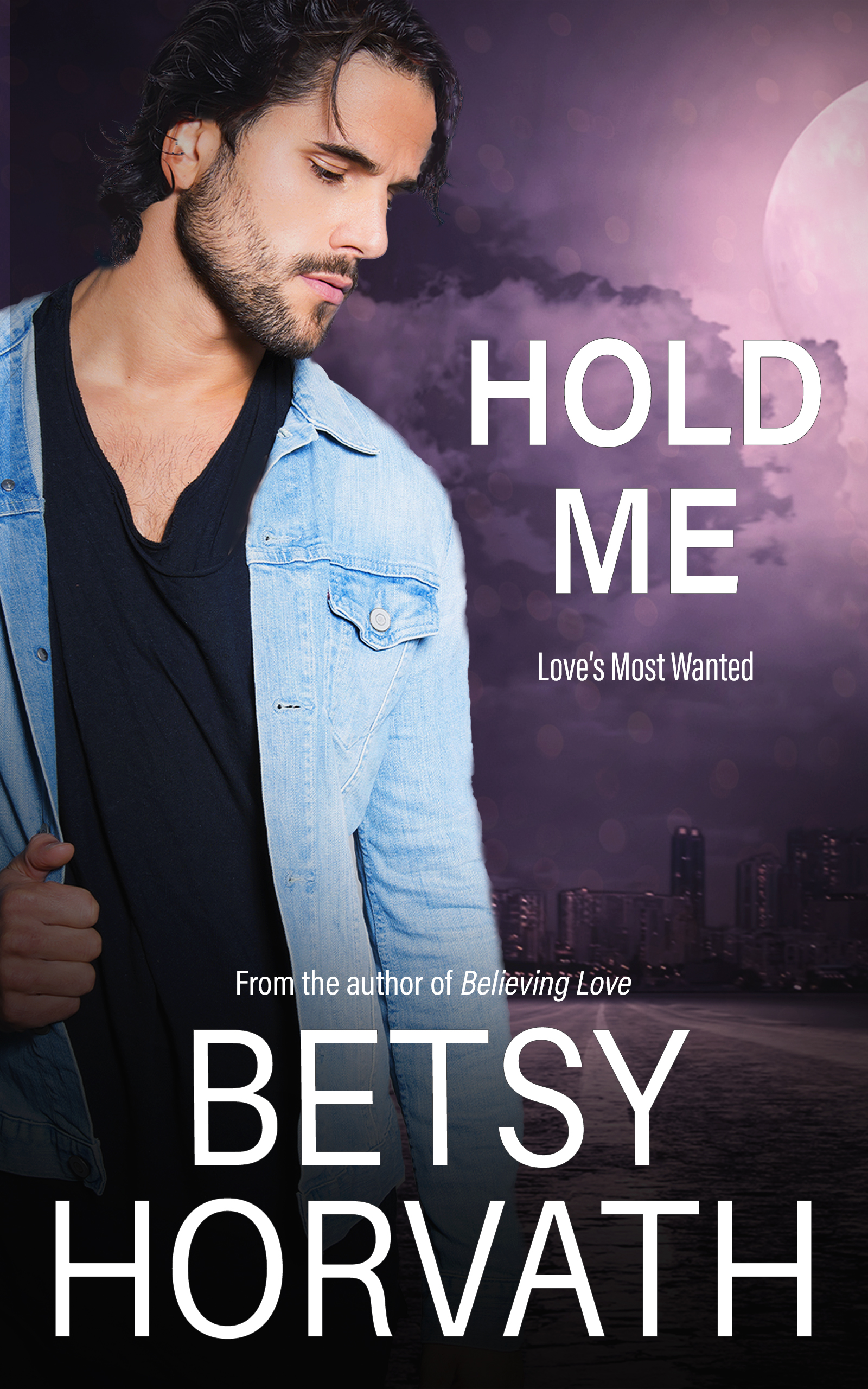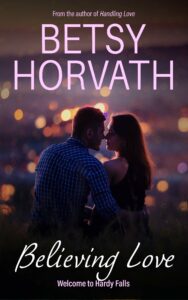 As I come to the end of the editing process for my new book, Believing It, I’m pointing the rudder of my wee little ship towards the rocky shore of publishing. That means getting the manuscript formatted and up for preorder on all of the various book sales sites.
As I come to the end of the editing process for my new book, Believing It, I’m pointing the rudder of my wee little ship towards the rocky shore of publishing. That means getting the manuscript formatted and up for preorder on all of the various book sales sites.
And it means I’m thinking about sales categories.
And since this is what I’m thinking about, this is what the blog post is about. Take that.
You wouldn’t think coming up with sales categories would be complicated, would you? But au contrair, mon ami. Categories, genres, and keywords can drive you a little crazy.
Yet, they are important and useful tools, because they are ways to let your readers know exactly what kind of book you’ve written and where to find it. So I guess I’ll just have to suck it up and deal.
Okay. First let’s look at the big picture. It’s important to know what genre your book belongs in. If you think your novel is science fiction and it’s actually fantasy, it can end up in the wrong place. That just annoys your readers and makes it harder to find.
Romance is the main genre I write in. It’s pretty easy to identify Believing It as a romance – the romantic story and relationship between the two main characters is the primary thrust of the book. In addition, and just as importantly, at the end of the story the relationship between the characters is whole and moving into the future.
Romance—check.
But because the romance genre is so big, there are tons of sub-genres, like contemporary, historical, erotic, western, etc. If the genre you write in has a lot of sub-genres, it’s just as important to nail the right one of those as it is to get the correct main genre.
For example, back in 2008 or 2009 (I forget which), I entered my first book, Hold Me, in the Romance Writer’s Association Golden Heart contest. That’s the contest for unpublished authors, and gets you some exposure to the publishing industry.
When I entered the book, I said it was a contemporary romance because it took place in the current day. However, Hold Me is a romantic suspense book because the protagonists are in danger most of the time. I didn’t understand the difference, so I put it in the wrong sub-genre.
Did that make a difference? Maybe not. But it probably annoyed people who had signed up to review contemporary romance and got handed a romantic suspense book instead.
Believing It is a contemporary romance. It is set in the current time, and the protagonists are dealing with issues in their normal lives. Although it has erotic content, that’s not the thrust (heh) of the story, so it’s not an erotic romance. They’re not in danger all the time, so it’s not romantic suspense. They’re not solving a crime, so it’s not a mystery romance.
Contemporary romance—check.
Now we get to the part that can make you crazy. The contemporary romance sub-genre is ALSO really big, covering lots and lots of titles with lots and lots of flavors. If I want the readers to understand what my book is about, I have to try to refine the category even more.
Amazon offers lots of niche category options, and lets you choose a number of them for your book so you can show up in more than one place. I want to choose the ones that are as small as possible—it’s a heck of a lot easier to be noticed in a small sub-sub-category where you’re only competing against a handful of other titles. On the other hand, I probably still want to appear in the main contemporary romance category as well (I just won’t get much traction there).
In addition, Amazon lets you set up a number of key words or phrases to help with search results. These key words can also trigger categories. It would be wise for me to take advantage of as many of them as I can.
I think that Believing It is a romantic comedy, and that’s a smaller sub-sub genre, so I’ll use that one as well as contemporary romance. For key words and phrases, I have “second chance romance”, “small town romance”, “working woman”, Pennsylvania, and some others.
Unfortunately iBooks, Barnes and Noble, and Kobo do not let me refine the categories as much as Amazon does. I’ll have to be satisfied with “contemporary romance” on those sites. They also don’t allow as many key words and phrases as Amazon, but I’ll use what I can.
And now I’d better get back to the editing, because none of this is going to matter if the book isn’t finished. I’ll just spend all of my free time writing notes about sub-sub-genres and key words
Publishing, my dears, is complicated.







Speak Your Mind